Virginia's Solar Tax Incentives
The Solar Friendly State

Dominion Energy offers incentives like tax credits and rebates to make solar energy more affordable for you. If you own a home in Virginia and want to cut your electricity costs, you can take advantage of numerous state and federal incentives to lower the cost of installing solar panels, leading to quicker investment returns.
Besides the benefits of lower electricity bills, you can save even more by applying for federal, state and local tax rebates that offset the cost of your solar panel installation. .
By participating in net metering, you earn credits on your electricity bill for any surplus solar electricity your system exports back to the grid. Whenever your solar panels produce less electricity than you need, you can use these credits to cover the difference. This system encourages using less electricity and ensures that any surplus clean energy benefits the grid.
This initiative offers low-cost loans for energy efficiency and renewable energy projects to commercial/industrial entities, non-profits, and local governments in Virginia.
If you invest in a residential solar installation, you can receive 30% of your bill back come tax time. For example, if the total cost of your PV system is $24,000, then you owe $7,200 less on your federal taxes

Interconnection standards ensure that solar photovoltaic systems can safely connect to the grid. Virginia is ahead with clear standards that streamline the solar installation process, avoiding the delays and extra costs seen in states without these guidelines.
Virginia has two sets of interconnection standards: one for net-metered and one for non-net metered systems. For residential solar, the net-metered regulations, applicable to systems up to 20kW, are most relevant. These rules guarantee safe grid connection and compliance with national safety and equipment standards.
Before installing solar panels, customers must get approval from their electric distribution company and energy service provider. 8MSolar simplifies this process for its residential solar customers, managing all necessary approvals.
Virginia’s community associations generally cannot block homeowners from installing solar energy devices. They can, however, set reasonable restrictions on the placement and size of these devices and limit installations in common areas.
The Virginia Solar Easements Act of 1978 enables property owners to establish solar easements, ensuring unobstructed access to sunlight for their solar devices.
Installing solar panels can raise your home’s value without necessarily increasing your property taxes, thanks to Virginia laws allowing localities to exempt solar improvements from property taxes. Contact 8MSolar to find out if your area offers such exemptions and consider advocating for them if they don’t.
Virginia allows local governments to apply different property tax rates to renewable energy machinery, ensuring they’re not taxed more heavily than other equipment. Residential solar equipment may also be eligible for tax exemptions, encouraging homeowners to invest in solar energy.
Certified commercial solar facilities under 20 MW enjoy exemptions from state and local taxes, excluding the land value.
Here are a few advantages energy incentive programs offer residential customers in Virginia
As of January 1, 2023, all residential and agricultural solar panel systems in Virginia will be exempt from local and state taxes.
Federal Rebates
Right now the main incentive available is the 30% Federal Tax Credit which was restored in 2022 with the signing of the Inflation Reduction Act. This 30% tax credit will run until 2032 when it is set to decrease to 26%.
State Rebates
There are no Virginia solar rebates. However, there are many solar incentives provided to maximize the return on investment for solar customers. 8MSolar will help check if you qualify for incentives and assist you in the application process.
Getting tax credit for your solar panel installation is pretty straightforward. Hold onto all your receipts, invoices, and documentation related to your solar panel project and use them to file for a massive 30% tax credit during tax season.
In most cases, the residential solar energy credit isn’t refundable. That means you can only reduce your tax credit to $0.00. So if you have $100 left over, this will be carried forward to the following year.
Virginia does not have a state solar tax credit as some other states do. However, the federal solar tax credit is available to all homeowners throughout Virginia.

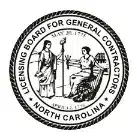
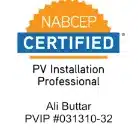
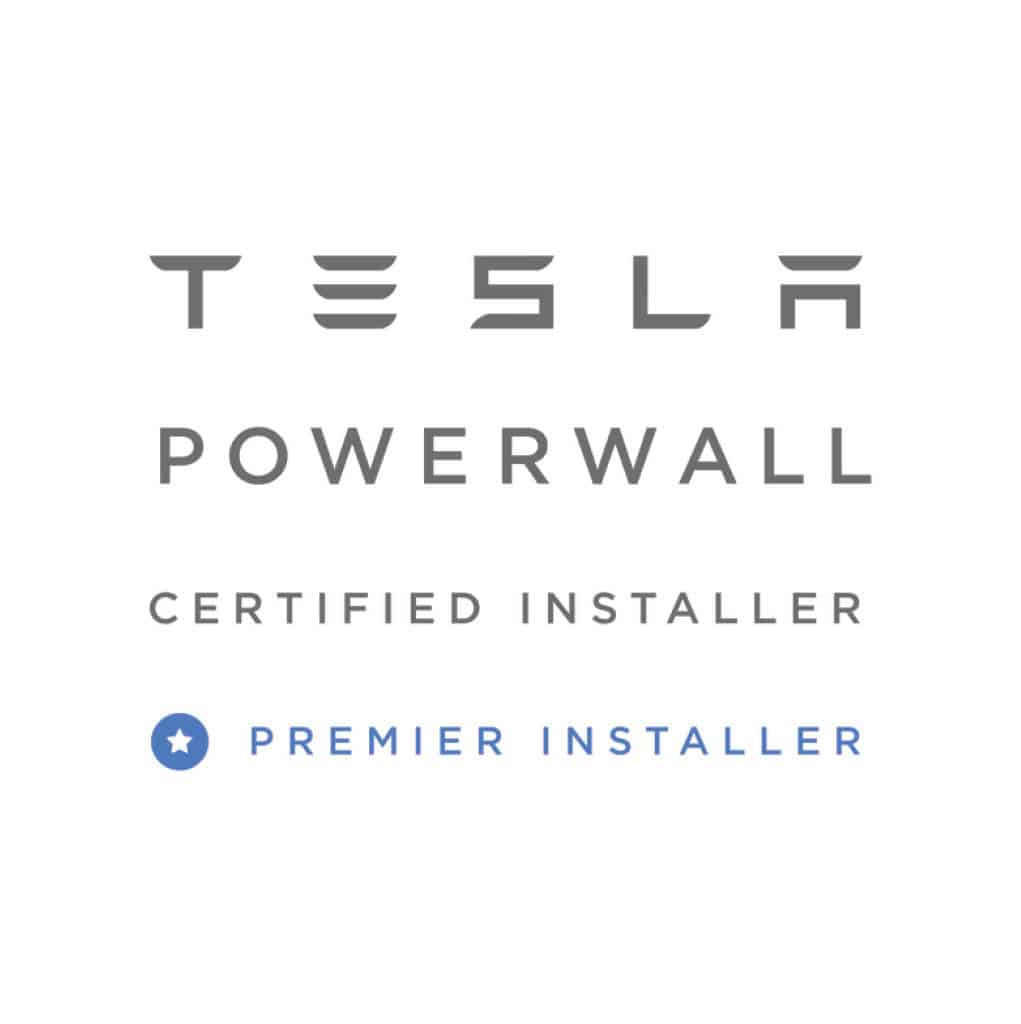


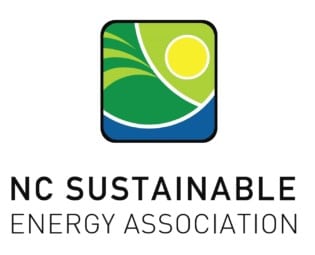
8MSolar is the highest rated solar panel installation company in North Carolina. We help install solar energy in North Carolina for homes, businesses and non-profits. We focus on installing Solar PV panel systems that are cutting edge, beautiful and reliable.
Copyright 2025 © 8MSolar
Attention: With the 30% tax credit expiring after this year, it is highly recommended you book a time slot for a virtual meeting and/or call; so that one of our consultants can contact you at your preferred day/time.